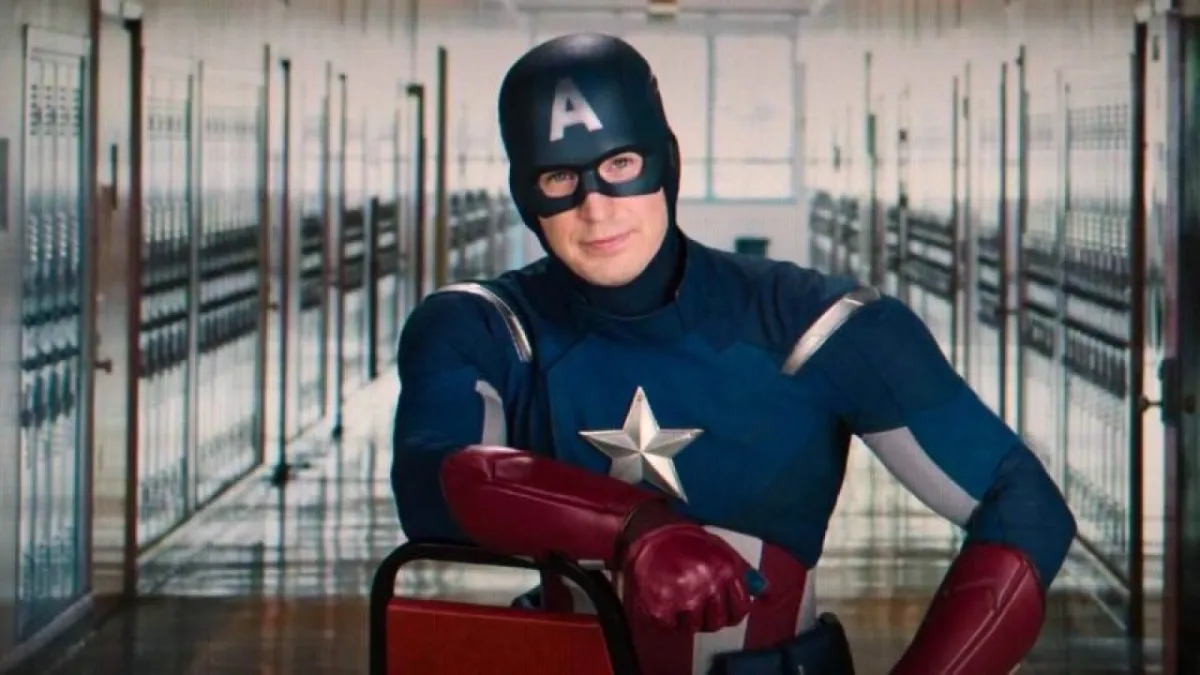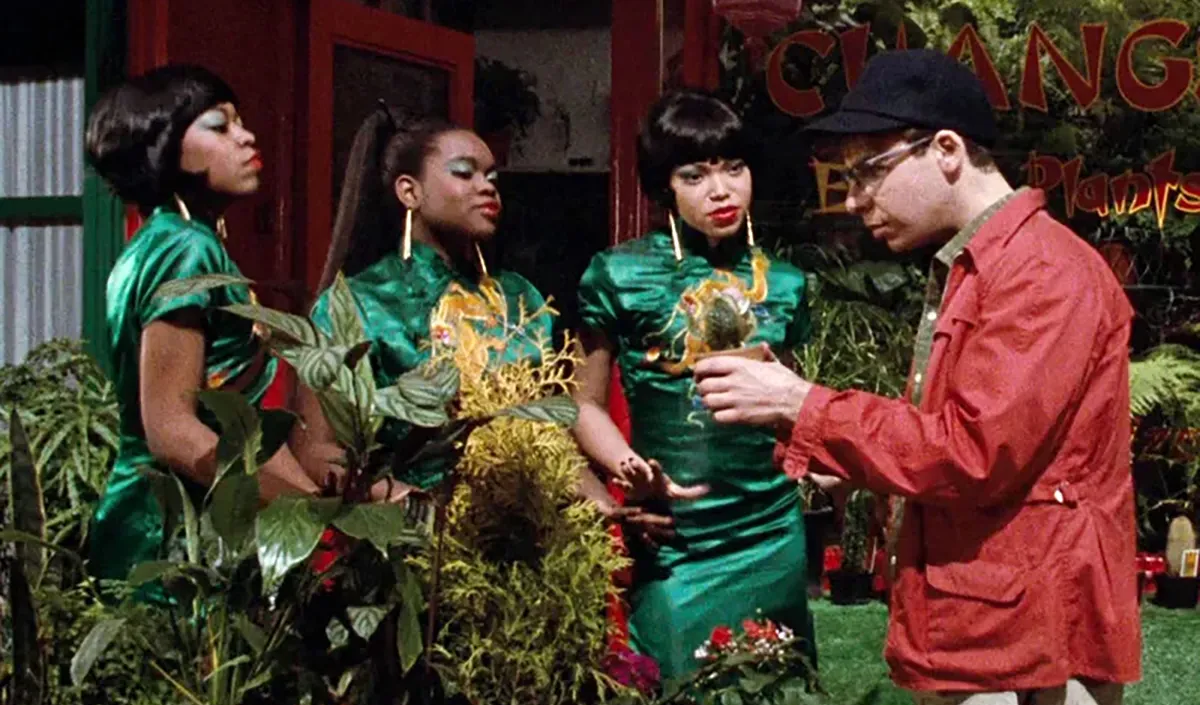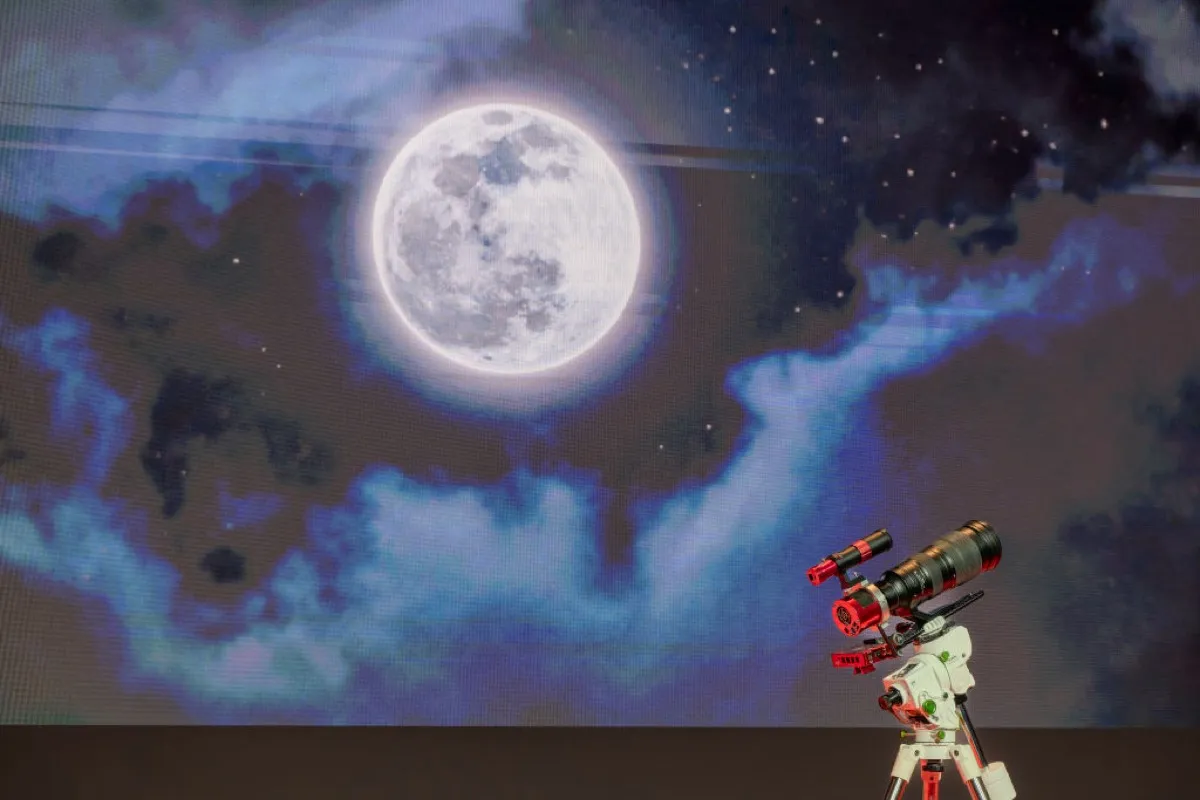Writers love it when readers respond to their work — it reminds us that we’re not shouting into a vacuum — but it’s tough to beat the response that NPR’s Robert Krulwich got to an article he wrote earlier this week about the surprisingly short distance astronauts Neil Armstrong and Buzz Aldrin walked on the moon during the Apollo 11 mission. None other than Armstrong himself wrote in, explaining the logistical reasons why they stayed within 100 yards of the lunar lander.
We were operating in a near perfect vacuum with the temperature well above 200 degrees Fahrenheit with the local gravity only one sixth that of Earth. That combination cannot be duplicated here on Earth, but we tried as best we could to test our equipment for those conditions. For example, because normal air conditioning is inadequate for lunar conditions, we were required to use cold water to cool the interior of our suits. We did not have any data to tell us how long the small water tank in our backpacks would suffice. NASA officials limited our surface working time to 2 and 3/4 hours on that first surface exploration to assure that we would not expire of hyperthermia.
But Armstrong flashes his rebellious streak:
I candidly admit that I knowingly and deliberately left the planned working area out of TV coverage to examine and photograph the interior crater walls for possible bedrock exposure or other useful information. I felt the potential gain was worth the risk.
Full, fascinating first-person account at NPR.
(NPR via Boing Boing)









Published: Dec 10, 2010 08:57 am